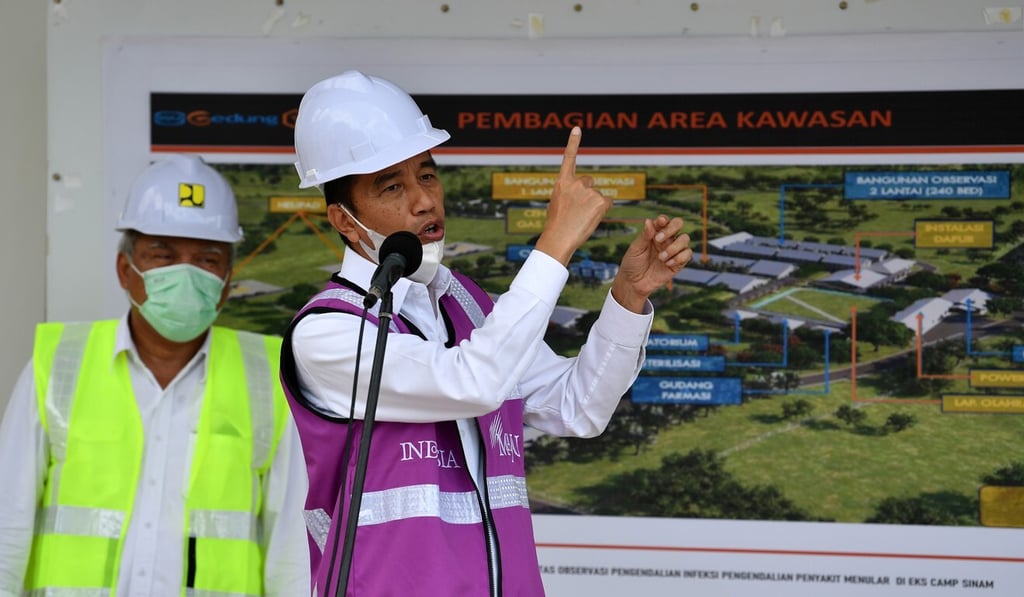Asian Angle | Jokowi’s tough coronavirus choice: lock down Indonesia or let millions earn a living
- Indonesia’s leader Joko Widodo has been criticised for dithering over a lockdown, with research showing this might help slow the spread of the virus
- At the crux of the issue is the government’s worry that it will have to provide food and medicine for millions amid a shutdown

Widodo, popularly known as Jokowi, has been at the centre of criticism over the government’s response. Observers say his policies have been reactive, and contradictory of his image as an efficient leader. He was a widely praised mayor of the city of Solo and governor of the capital Jakarta before becoming president in 2014, known for meeting with residents directly to hear their views and making improvements to governance by bypassing bureaucracy.

But his hesitance in implementing more restrictive measures, such as a nationwide lockdown, comes despite increasing evidence suggesting restrictions on activities and social distancing can slow the spread of the virus.
The crux of the issue is the government’s desire to balance its economic needs and citizens’ health security, which are linked. It seems to worry that by ordering businesses to shut and citizens to stay home, it would have to take on the burden of providing basic necessities such as food and medicine for millions of its residents nationwide, which would put further strain on resources. Moreover, the government could face a backlash, especially from blue-collar workers if it proceeds with a full lockdown without a proper communication strategy. Not everyone has the luxury of working from home.

Although Jokowi has little to lose after winning his second and final term in office, he has his legacy to protect. During last year’s election campaign, he promised to develop the Indonesian economy, attract more investment, and create jobs. After winning the election, Jokowi made the ambitious promise to move the capital city out of Jakarta to East Kalimantan, which could cost 466 trillion rupiah (US$32.7 billion).
